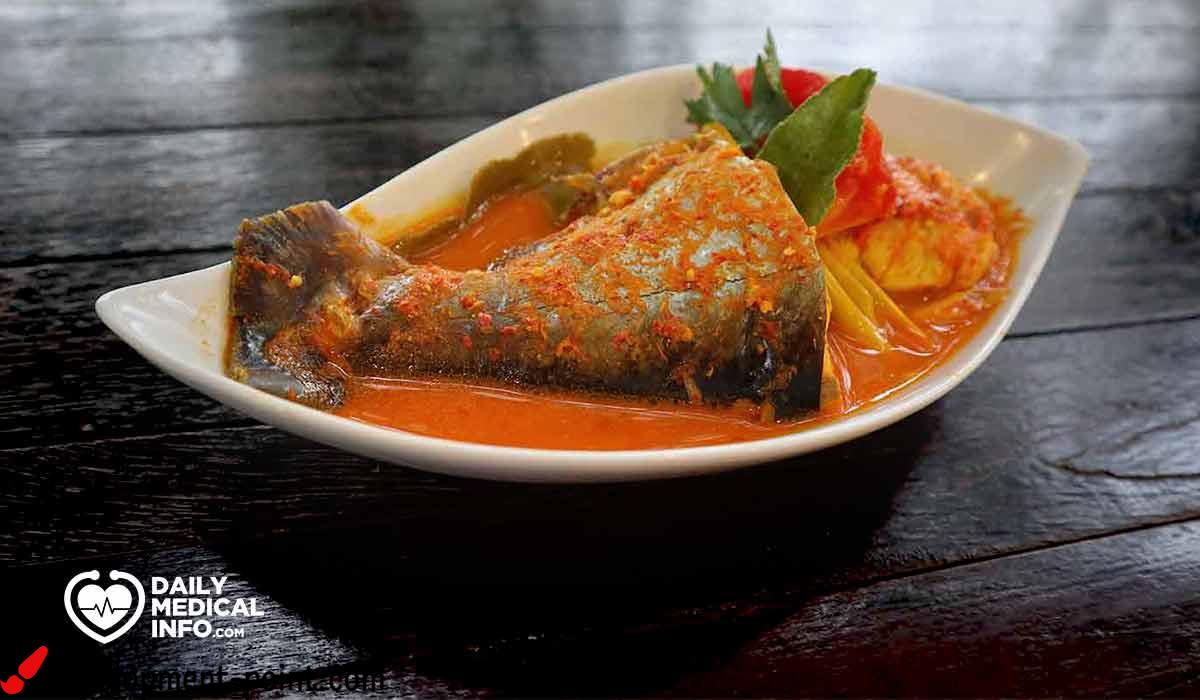Is stomach bleeding cause death? And what are its symptoms?
Stomach bleeding is a type of upper gastrointestinal bleeding, and the amount of bleeding you experience can range from a very small amount of blood to potentially life-threatening bleeding. In this article, we will learn about the most important symptoms and causes behind this type of bleeding, in addition to answering the question: Does stomach bleeding cause death?
Symptoms of stomach bleeding
Pain is the main symptom of stomach bleeding, and the signs and symptoms of stomach bleeding can be obvious or subtle.
1. Obvious symptoms
Overt symptoms include:
- Bloody vomit from the stomach through the mouth, which may be red or dark brown in color.
- black stools
- Bleeding usually in the stool.
2. Hidden symptoms
The symptoms of hidden bleeding may be the following:
- Vertigo.
- breathing difficulties.
- Fainting.
- chest pain
- stomach ache.
Symptoms can also be divided according to the severity of the condition as follows:
Symptoms of severe stomach bleeding
In this case, the bleeding starts suddenly and progresses rapidly, which can cause shock. Signs and symptoms of severe bleeding include:
- Reduction of Blood pressure.
- Decreased urination or urinating in small amounts.
- fast heartbeat
- Unconsciousness.
Symptoms of chronic stomach bleeding
Symptoms of chronic bleeding include:
- Fatigue.
- Shortness of breath.
- Anemia.
- Hidden bleeding that may be a symptom of infection or disease, such as colorectal cancer.
Is stomach bleeding cause death?
Yes, failure to treat gastrointestinal bleeding may lead to serious and life-threatening complications such as death. The following are some of these serious complications that may lead to death:
- Loss of a large amount of blood, as a result of anemia due to chronic stomach bleeding, which in turn leads to low blood pressure and low heart rate.
- The failure of the therapeutic methods used, due to the exacerbation of bleeding and its lack of control.
Causes of stomach bleeding
Stomach bleeding is one of the types of upper GI bleeding. There are several causes of upper GI bleeding, which include the following:
1. Stomach bleeding due to peptic ulcers
They are a common cause of gastrointestinal bleeding, as they are open sores that appear in the lining of the stomach or duodenum.
It may occur as a result of taking non-steroidal anti-inflammatory drugs (NSAIDs) on a regular basis, such as ibuprofen, which leads to an increased risk of developing peptic ulcers.
2. Esophageal varices
Esophageal varices are a condition in which the enlarged veins of the esophagus rupture, causing bleeding. A person may be more likely to develop this condition if they have portal hypertension, a condition caused by high blood pressure in the vessels of the abdomen, often caused by cirrhosis.
3. Mallory-Weiss syndrome
This condition is often caused by severe or repeated vomiting, which leads to tears in the walls of the esophagus, and bleeding.
4. Gastritis
Gastroduodenitis is an inflammation that includes inflammation of the stomach and intestines, both of which are commonly caused by a bacterial infection or other factors, including overuse of NSAIDs or alcohol.
5. Other reasons
Which includes:
- Swallowing a foreign object. Swallowing something inedible can cause lacerations and bleeding in the upper digestive tract.
- Tumors of the upper gastrointestinal tract, such as those caused by esophageal cancer, stomach cancer, and small bowel cancer, which may lead to bleeding.
- Angiodysplasia, which causes blood vessels in the digestive system to swell, which can lead to bleeding.
Treatment of stomach bleeding
If you think you may be experiencing gastrointestinal bleeding, it is important to speak with your doctor. Treatment depends on the severity and cause of the bleeding. Diagnosis can also be useful, not only in diagnosing bleeding but also in treating it. Treatment methods include:
- The doctor may use special endoscopes with cameras and laser attachments along with medications to stop the bleeding. In addition, the doctor may use some instruments with the endoscopes; To put clips on the blood vessels to stop the bleeding as well.
- Antibiotics can be used to treat a bacterial infection that may be a cause of bleeding.
- But when a person suffers from severe bleeding or bleeding that does not stop, then the doctor may need to perform a laparoscopy or a laparotomy. to stop the bleeding.
Can stomach bleeding be treated with herbs?
With the above treatment methods, some herbs may help in treatment and prevention of some stomach problems, but if you suspect bleeding, you should ask your doctor before taking any of these herbs, and they include the following:
- Peppermint.
- Thyme.
- Ginger.
- Lavender.
How to prevent stomach bleeding
After knowing the answer to the question, does stomach bleeding cause death? Here are ways to prevent this life-threatening bleeding:
- Avoid foods and stimuli that increase stomach secretions.
- stop smoking.
- Stop drinking alcohol.
- eating a diet rich in fiber; To increase the volume of stool, which helps prevent some digestive problems such as hemorrhoids.

